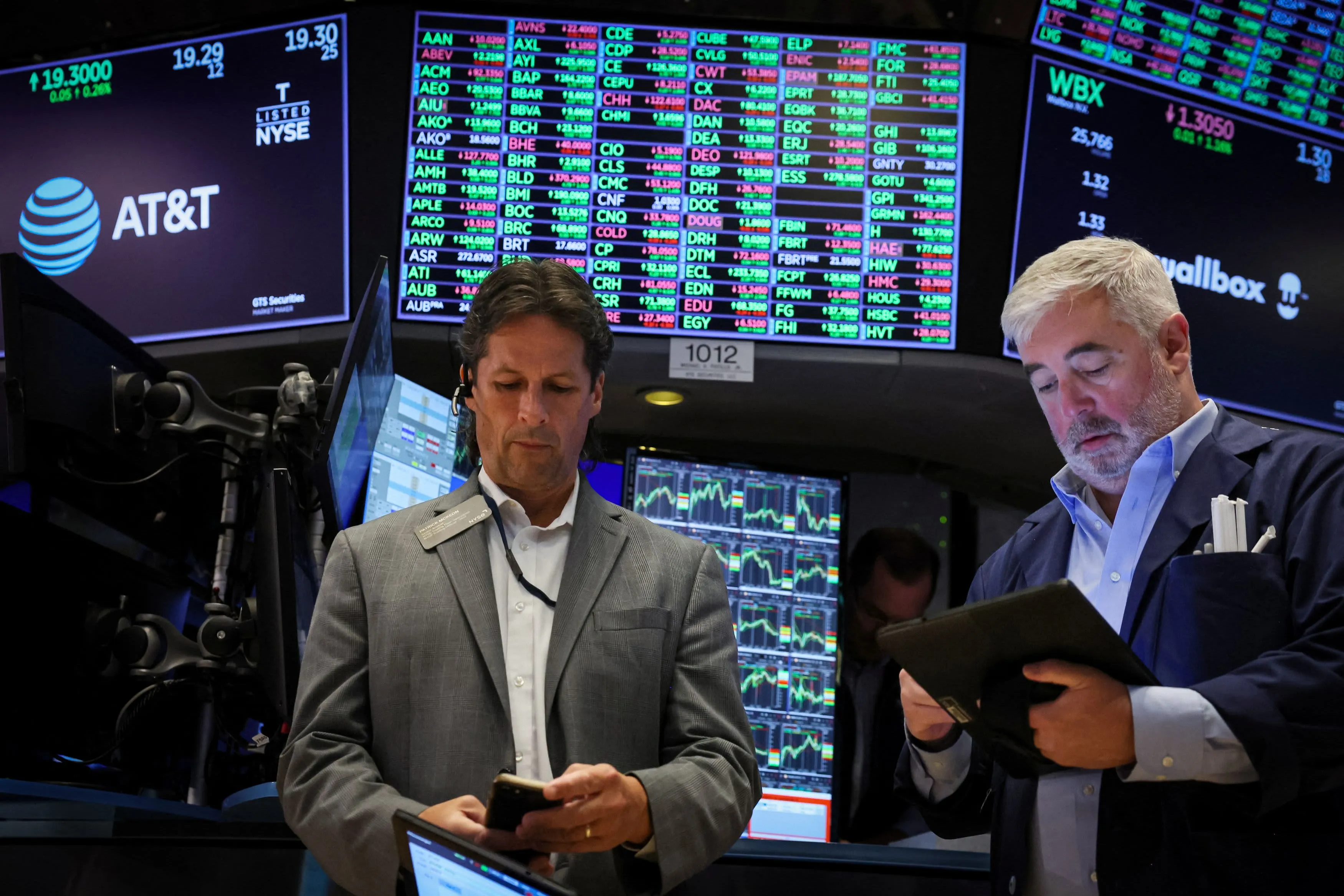The second-quarter earnings season has kicked off with a strong showing, as solid consumer spending helps maintain robust corporate profits. But despite this promising financial performance, the stock market’s response has been notably subdued — a sign that much of the positive news may already be factored into share prices. This dynamic has led to an environment where any earnings disappointments are being met with harsher penalties from investors.
Consider the financial sector. Despite reporting stellar earnings with an impressive 94.4% beat rate, stocks in this group have failed to rally. Gina Martin Adams and Michael Casper, strategists at Bloomberg Intelligence, explained that investors had largely priced in these outcomes ahead of time, which tempered any upside response.
Similarly, Netflix Inc. delivered better-than-expected results across all major metrics, while United Airlines Holdings Inc. expressed optimism about growing travel demand. Nonetheless, the market reaction was underwhelming. Netflix, in fact, saw its shares drop by more than 5% on Friday despite its strong quarter.
According to Greg Taylor, chief investment officer at PenderFund Capital Management Ltd., this reflects the current valuation environment — where good news is no longer enough to move the needle, as it's already embedded in share prices.
This lack of market enthusiasm isn’t just a matter of high expectations; it’s also about how punishing the market has become toward any underperformance. Bloomberg Intelligence data indicates that earnings misses are now being penalized more severely than at any point in the past three years. Michael Arone of State Street Investment Management emphasized that when stock valuations are elevated, there’s little room for error — and even small misses trigger major selloffs.
Conversely, even those companies that beat both earnings and revenue expectations are seeing only modest gains, with rewards hitting just a one-year high, not enough to energize broader market sentiment. Julian Emanuel, chief equity and quantitative strategist at Evercore ISI, noted that strong earnings alone are unlikely to serve as the spark that propels the overall market higher.
As of Friday, the S&P 500 Index hovered near its all-time high, having set seven new records in just 15 sessions. It’s currently valued at 22 times projected profits for the next 12 months, nearing the peak it reached in February before global tariff tensions sparked by President Donald Trump began to weigh on investor sentiment.
The coming week will bring a crucial test for markets, with major earnings reports expected from tech giants like Alphabet Inc. and Tesla Inc., as well as other influential firms including Honeywell International Inc., Dow Inc., Lockheed Martin Corp., Northrop Grumman Corp., and General Motors Co.
In the financial sector, large U.S. banks have posted blockbuster earnings, boosted by record-setting trading revenues fueled by market volatility. Goldman Sachs Group Inc. achieved the highest quarterly trading revenue ever recorded on Wall Street, yet its shares climbed less than 1% after reporting. Morgan Stanley exceeded revenue estimates but saw its stock fall 1.3%. JPMorgan Chase & Co. also delivered its best second quarter for stock trading and beat fixed-income expectations — still, its shares declined by 0.7%.
Despite the market’s lukewarm response, analysts point out that strong bank earnings suggest broader economic resilience. “Banks thrive in strong economies,” said Mark Malek, chief investment officer at Siebert. “Their earnings and commentary are key indicators of overall economic health.”
One of the standout stories this earnings season is the continued strength of the American consumer, even amid persistent inflation, high interest rates, and trade uncertainties. Positive earnings from companies like PepsiCo Inc., Delta Air Lines Inc., Levi Strauss & Co., and Netflix all reflect this resilience. Malek reiterated that consumer strength remains essential for economic momentum.
Delta’s CEO, Ed Bastian, highlighted how U.S. travel is rebounding, aided by the effects of recent tax cuts and signs of progress in tariff negotiations. PepsiCo saw improved performance in North America and notable growth abroad. Netflix raised its annual forecast, while Levi Strauss projected that revenue growth would more than offset tariff-related impacts.
Retail data released Thursday reinforced this narrative. According to the Commerce Department, retail sales rose 0.6% in June, beating nearly all forecasts in a Bloomberg survey and snapping a two-month decline. Malek summed up the sentiment, saying, “So far, it has been a thumbs up from earnings. A major tariff shock may still be lurking, but it hasn’t surfaced yet.”
PepsiCo and Delta have been rare bright spots in terms of stock performance this quarter, with both surging after strong reports. Notably, they had trailed the broader market for most of the year before their earnings beat.
Looking ahead, investors remain focused on corporate guidance, especially amid ongoing uncertainty around tariffs, economic momentum, inflation trends, and Federal Reserve policy. Dec Mullarkey, managing director at Sun Life Investment Management, pointed out that the biggest looming question for the S&P 500 is how companies will handle the costs of tariffs. Their answers may shape the next phase of market direction.

Subscribe to our newsletter!
As a leading independent research provider, TradeAlgo keeps you connected from anywhere.








